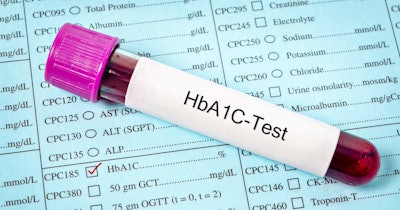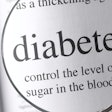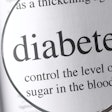
Diabetes screening should be introduced for patients attending hospital emergency departments (EDs) to prompt earlier treatment where necessary and reduce major health risks, say researchers.
A study at a U.K. acute hospital found that 9% of patients who took a simple blood test had type 2 diabetes; around 30% had pre-diabetes.
“It is important to identify people early so we can start treatment to prevent people getting both microvascular and macrovascular complications,” lead researcher Professor Edward Jude said.
Jude presented preliminary data at the annual meeting of the European Association for the Study of Diabetes (EASD) in Hamburg, Germany, on October 5.
The incidence of diabetes is increasing, but uptake of community screening is low, and diabetes is not routinely tested for in EDs. People with type 2 diabetes are at higher risk for cardiovascular disease and mortality, and delays to diagnosis can increase the risk of complications. Many people are unaware they have the condition, with 7% to 30% of type 2 diabetes remaining undiagnosed, according to some estimates.
Jude and colleagues sought to assess the prevalence of undiagnosed diabetes and glucose intolerance in people attending Tameside and Glossop Integrated Care National Health Service Foundation Trust for acute medical or surgical problems. A total of 1,388 patients over 30 years old consented to give blood for the glycated hemoglobin (HbA1c) test, which gives an indication of average blood sugar levels over the previous two to three months. Patients were asked for details, such as ethnicity, comorbidities, and risk factors for diabetes, such as being overweight or obese.
A Finnish Diabetes Risk Score (FINDRISC) was also calculated for each patient -- scores higher than 20 indicate a very high risk of developing diabetes, while scores between 12 and 20 indicate moderate to high risk. Of the 1,388 patients, 848 patients (61%) had normal glucose levels, 420 (30%) were found to have pre-diabetes, and 120 (9%) were diagnosed with type 2 diabetes.
“We identified high prevalence of glucose intolerance in patients attending A&E,” said Jude.
People should be “opportunistically tested” for diabetes on ED attendance “to reduce the burden on healthcare series and the patient in the long term,” he said.



















